Female Journalists Confronting Stereotypes of Women in Yemen
Khabar Khair (Only Good News) – Dr. Nuha Nasser
Talking about a job in the Arab world is still consistent with gender, as there are many jobs linked to the institutional structures of the society’s ideology and its dominant cultural views, which means skipping from talking about the capabilities and experiences of a qualified individual to his classification as male or female.
However, the continuity of this matter depends mainly on the extent to which the woman herself is able to overcome the stereotype that was imposed on her in terms of framing her with a specific functional perspective.
The significance of the journalist in the implicit system calls for masculine meanings as a whole. The customs and traditions in the Arab society still believe in the limited capabilities of women against men. It believes as well that the profession of journalism, which is a profession of trouble, is not suitable for women in general.
Female Journalists in the Face of Trouble
Talking about journalistic work in Yemen at the present time means talking about a number of difficulties mainly related to the availability of tools that enable the journalist to perform his work professionally and at a controlled pace.
The female journalists in Yemen face difficulties related to the extent of the expansion of the circle of sources capable of speaking courageously about all the vital topics related to the issues of the Yemeni society, in addition to the slow or interruption of communication networks, the weak Internet, and the lack of financial returns that the journalist receives as a result of his work. Thus, these difficulties can be bypassed, or at least addressed through alternative solutions.
The Yemeni reporter Afaq Al-Haj believes that “the main problem facing the female journalists in Yemen is directly related to the conflict that has been raging for years, which leads to a deterioration in the indicators of journalistic work, which has a significant impact on the performance of the journalistic work of the Yemeni journalist”.
The academic and journalist Sahar Mahyoubi agrees with Al-Haj, and says, “The Yemeni journalist may address a social issue or phenomenon and study it, link it to the main sources, provide indicators and figures, and attach them to statistics and studies. The journalist does this work with personal efforts, as she desires to reveal this phenomenon to the public or the competent authorities until the problem is addressed, but eventually she finds that her efforts were in vain”.
Mahyoubi added, “All these efforts find little interaction or even interest from the parties that have received the press material, which frustrates the journalist and he or she may sometimes think that his or her work is absolutely useless”.
Afaq Al-Haj said, “A number of female journalists have been subjected to threats, exclusion and defamation campaigns, as well as harassment”.
The difficulties facing female journalists do not stop at what was previously mentioned. The journalist who seeks to address issues related to the privacy of society or violations of human rights in areas where conflicts are raging are subjected to threats that may reach what can be called hazing, even at its minimum limits. However, it remains present because the concepts related to the women’s work in some areas of Yemen are still characterized by a male dimension that does not differentiate between an ignorant and an educated person.
You Are an Infidel
Talking about being a female journalist needs to shed light on the obstacles to this work before talking about the girl’s desire to specialize in the field of journalism and media. The obstacles to accepting a girl’s work in the field of journalism and media start from the first moment a high school graduate declares her desire to join the School of Media.
“You are an infidel”, said the journalist (S.A.), who asked not to be named, when she began telling us her story, saying, “I still remember to this day what my militant brother told me when I expressed my desire to join the Media department. He objected badly because it’s a men’s profession, thus only an infidel woman can imitate men”. (S. A.) adds to Khabar Kheir (Good News), “With insistence, I was able to fulfill my dream and entered the Media department, but my family imposed unfair conditions on me, so I had no right to participate in the media activities in my faculty except in the context of writing literary texts and articles that were held in the University Student Week”.
She asserted, “I only used to participate within the participating groups, as I was not allowed to attend conferences, panel discussions or seminars; I was forbidden from all of that”.
She said, “From home to college, and from college to home. This was the basic condition of my parents to join the Media department, which later made me a journalist who stood hidden in the shadows, and reflected negatively on the restriction of my capabilities and the shrinking of my network of sources to its minimum limits”.
Contrary to (S. A.), the journalist (M. H.), spoke to “Khabar Kheir” (Good News) by saying: “My family encouraged me to enter this field, some of my family members asked me questions like how will I work with men, and how am I going to set the pace for my indefinite work”.
It is customs and traditions, not religion, that stand in the way of women’s advancement in various fields in which competition with men may appear. The topic here goes beyond the threshold of discussion and dialogue, to become the patriarchal authority that classifies women in a specific functional framework, which it is not acceptable to surpass.
Repellent Work Environment
There are negatives directly related to the nature of journalistic work in media institutions in Yemen, which in their entirety represent an obstacle to the advancement of the female Yemeni journalists.
Academic and journalist Sahar Mahyoubi believes that media institutions restrict the freedom of the journalist and her movement on the grounds that she may be at risk if her coverage is in places that the institution deems dangerous.
The appreciation of female journalists in the work environment is also limited. When looking for female journalists to occupy leadership positions in Yemeni newspapers and websites, we notice a dearth of Yemeni female journalists who occupy leadership positions in the Yemeni newspapers, such as being editor-in-chief or deputy editor-in-chief.
Qat Gathering Journalists
The journalist’s assumption of leadership positions may not always be linked to the orientation of the society that still classifies women only functionally, but it is also related to the work environment itself, which is unprofessional in terms of the continuation of the workplace after work, as the journalists spend most of their time in the Qat gatherings, where journalists sit to discuss matters of the newspaper.
Work patterns and press releases in Yemen, which have been linked to Qat rituals and gatherings, are what excludes many female journalists from assuming leadership positions in the media institutions. Which is what actually happened with one of the Yemeni female journalists, about whom Mahyoubi recounts, that she was nominated for a leadership position in the journalism, and before the appointment decision was issued, the journalists objected to the decision under the pretext that how could a girl sit with them at night to discuss the preparation of the newspaper or supervise its final output.
We can point out here that such pretexts are not acceptable, at least with regard to transforming the workplace or media institution into Qat gatherings, and then limiting the work environment to men only, and taking this matter as an acceptable justification for them not to include female journalists in leadership positions in the newspaper. This, in turn, will apply to the rest of the businesses monopolized by the men in the Yemeni society.
Solutions to Support Female Journalists
The problems faced by the female journalists in Yemen are generally manifold and take more than one direction, but the journalist can overcome them when she receives the basic family support.
Sahar Mahyoubi says, “The family is the basis of the journalist’s success, motivating her and encouraging her to face what is going to happen to her. On the other hand, the journalist can overcome the barrier of communication and travel to be able to build her own base”.
For her part, Afaq Al-Haj talks about solutions that start with the support of the family and then society for the Yemeni journalist, and if she receives this support, this will facilitate many things for her and will motivate her to engage in the journalistic work with confidence and strength, and then comes the support of the institution, which enhances her performance and makes her give her best.
The community’s support represents a major motive in changing the ready-made and stereotypical ideas that deviate from the right of the journalist to achieve her existence and entity apart from being a woman.
Centers and Organizations to Support the Female Journalists in Yemen
There are institutions, centers and organizations that support female journalists in Yemen through projects, programs and training courses which outputs come through press platforms dealing with various issues, including those specialized in women’s issues, where female journalists are directed to produce press materials with a financial return as a kind of support and encouragement for the female journalists in Yemen.
The Yemen Information Center (YIC) was unique in supporting the Yemeni female journalist by permanently employing tens of female journalists and working on training them and developing their skills in the diverse journalistic work by producing press reports, podcasts, video programs and newspaper production with a dedicated cadre of Yemeni female journalists in many Yemeni governorates.
The Center has adopted a number of programs and projects in support of Yemeni women and female journalists in Yemen. The positive impact on dozens of female journalists has been reflected in terms of scientific development, written, audio and video media as well as press output, in addition to the preparation and implementation of various projects.

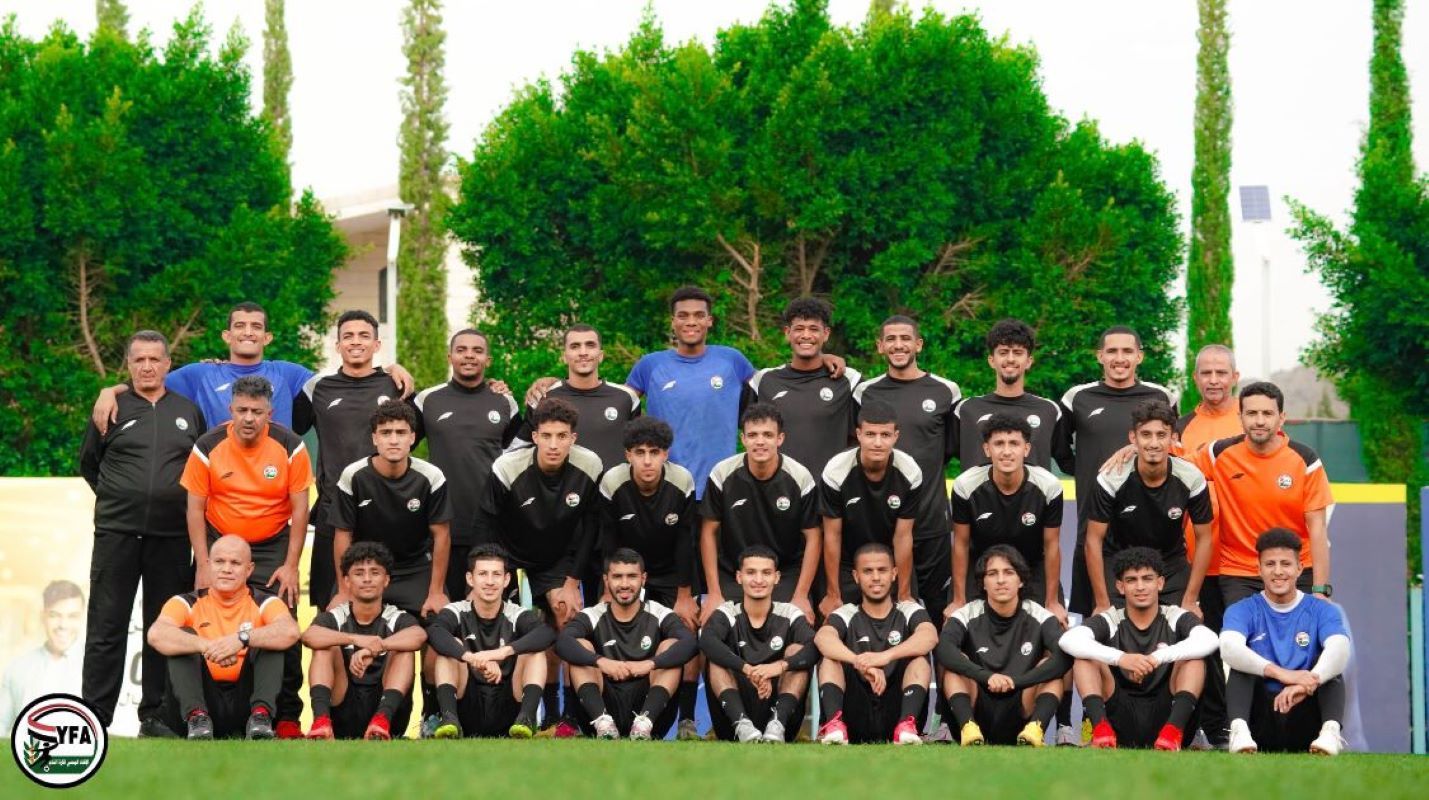
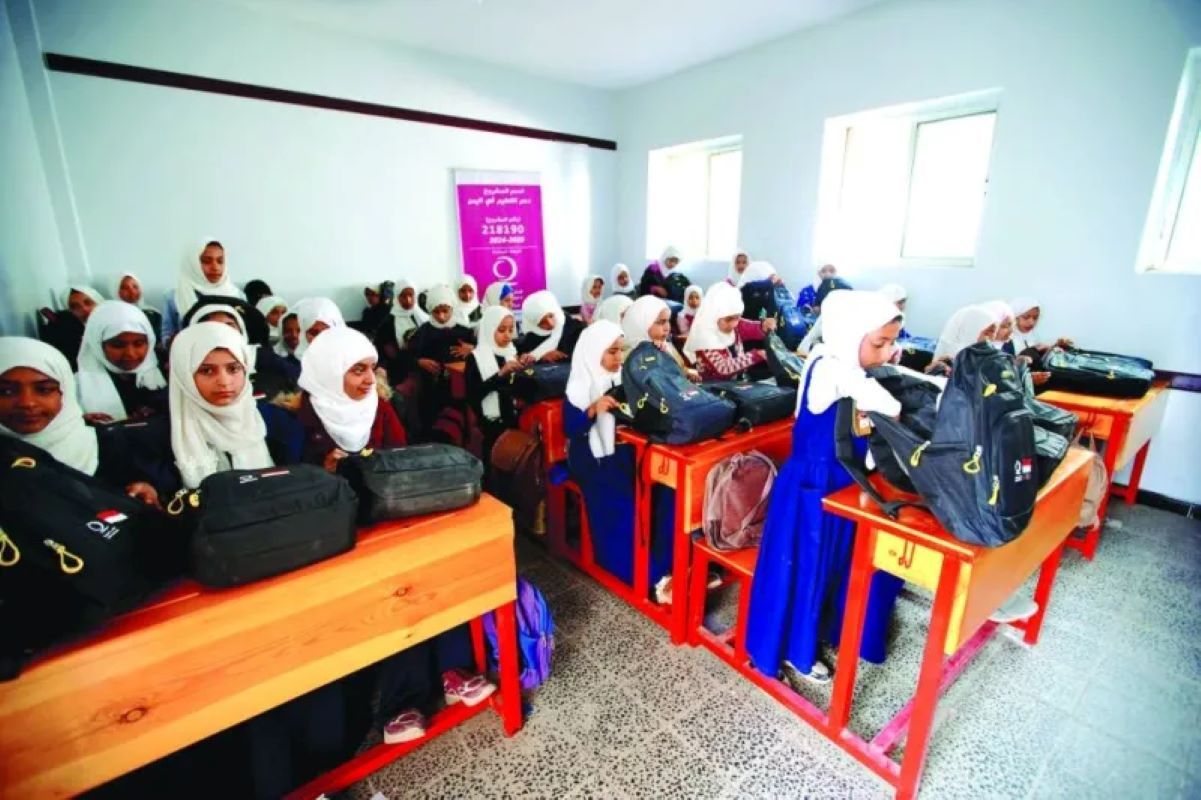
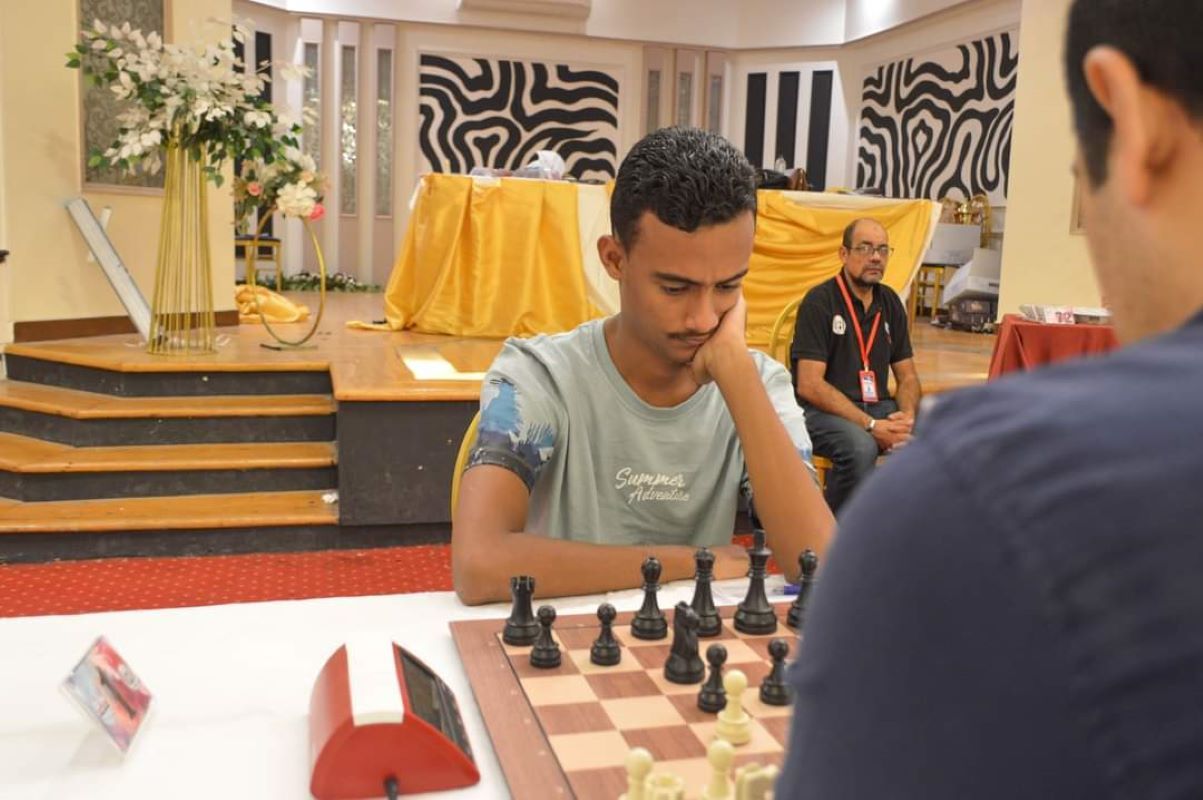
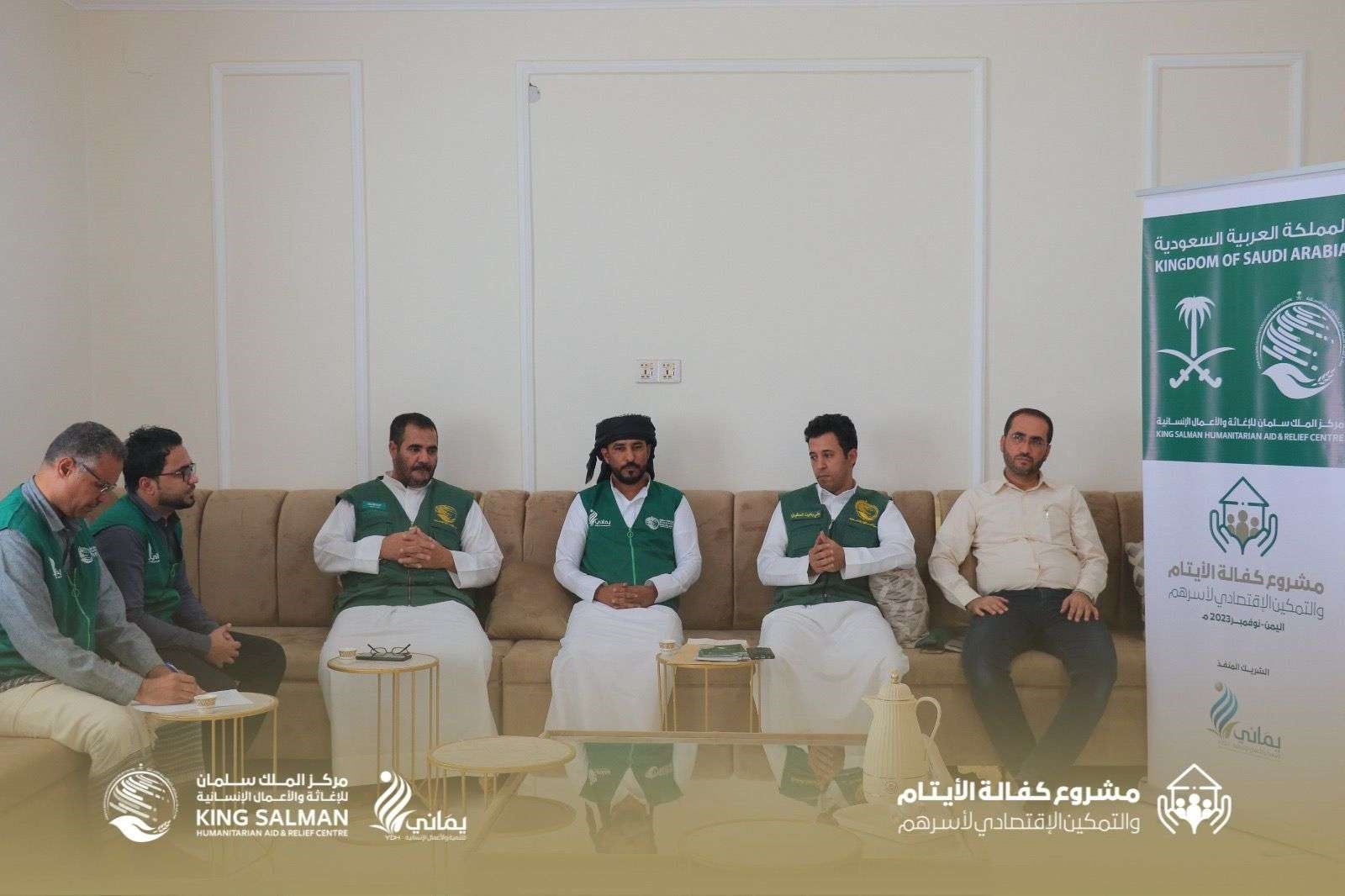
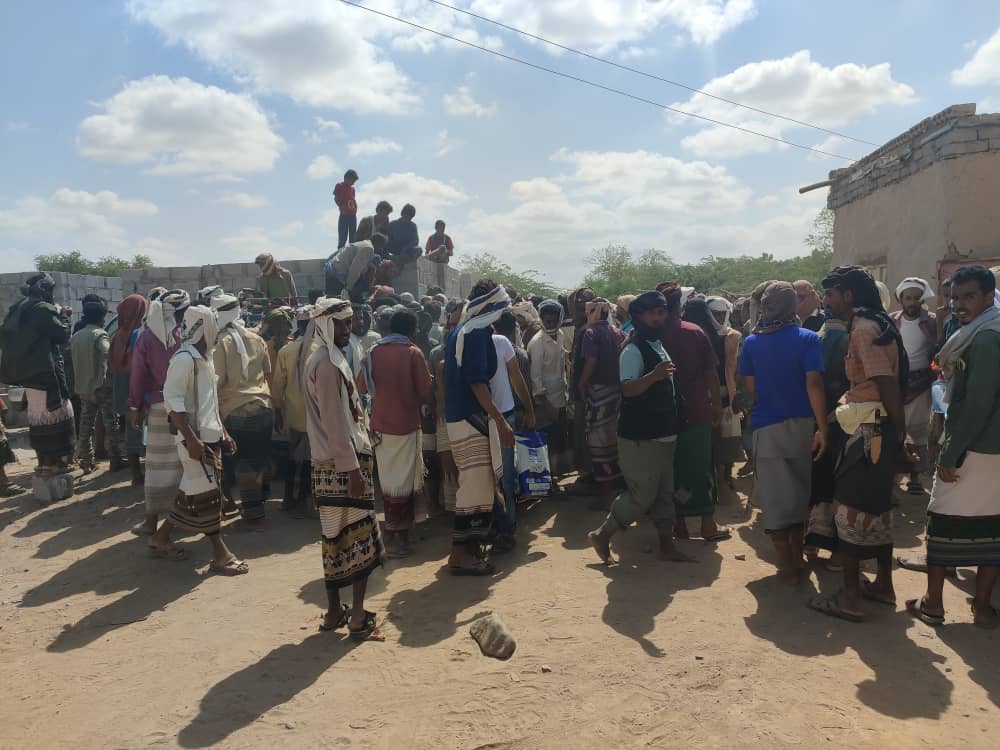
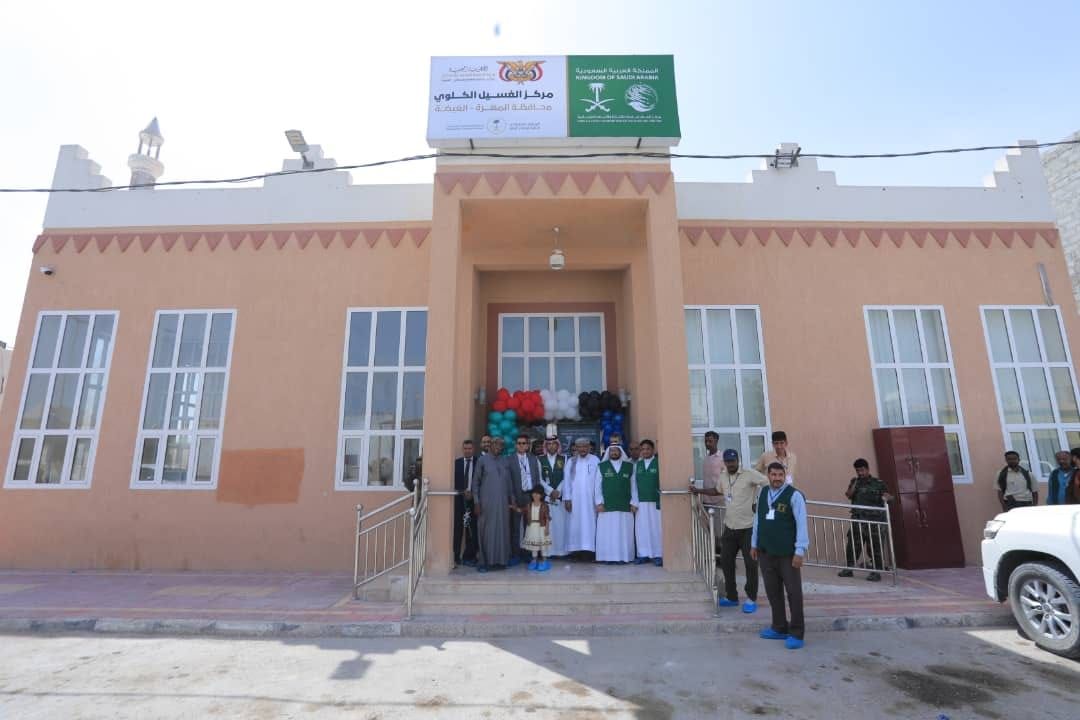

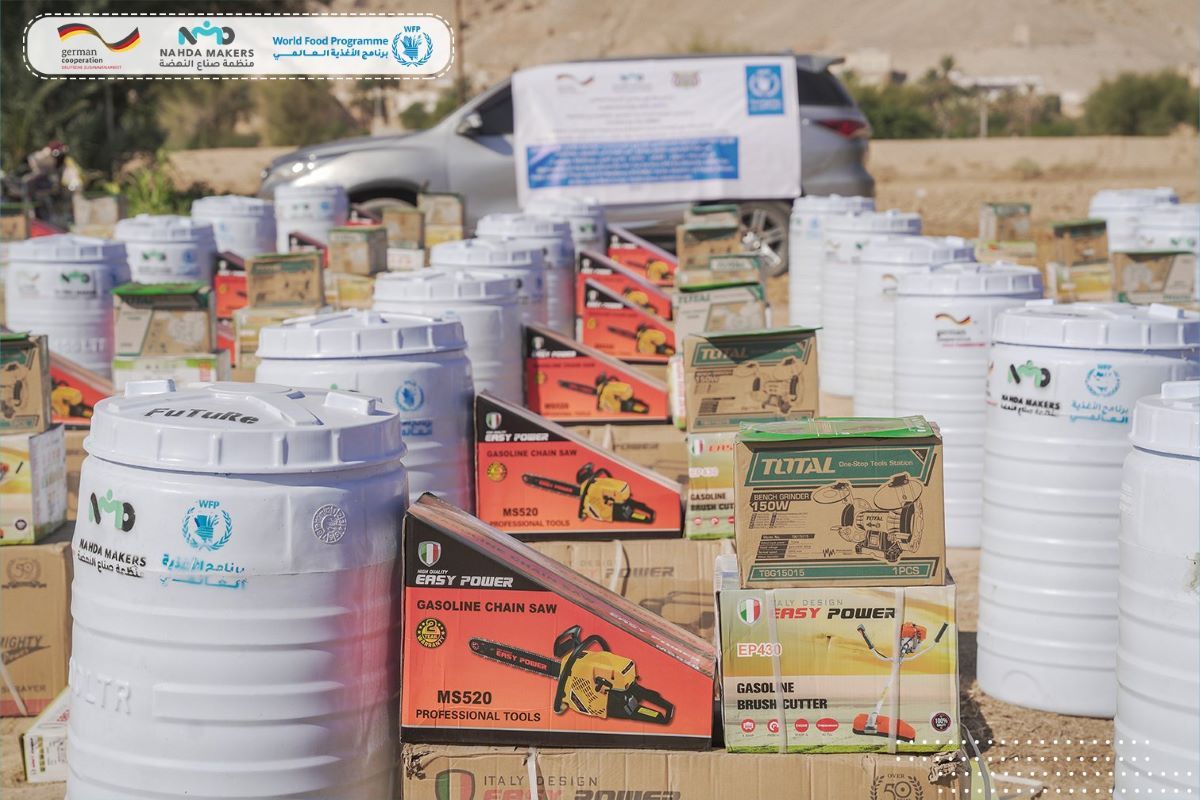
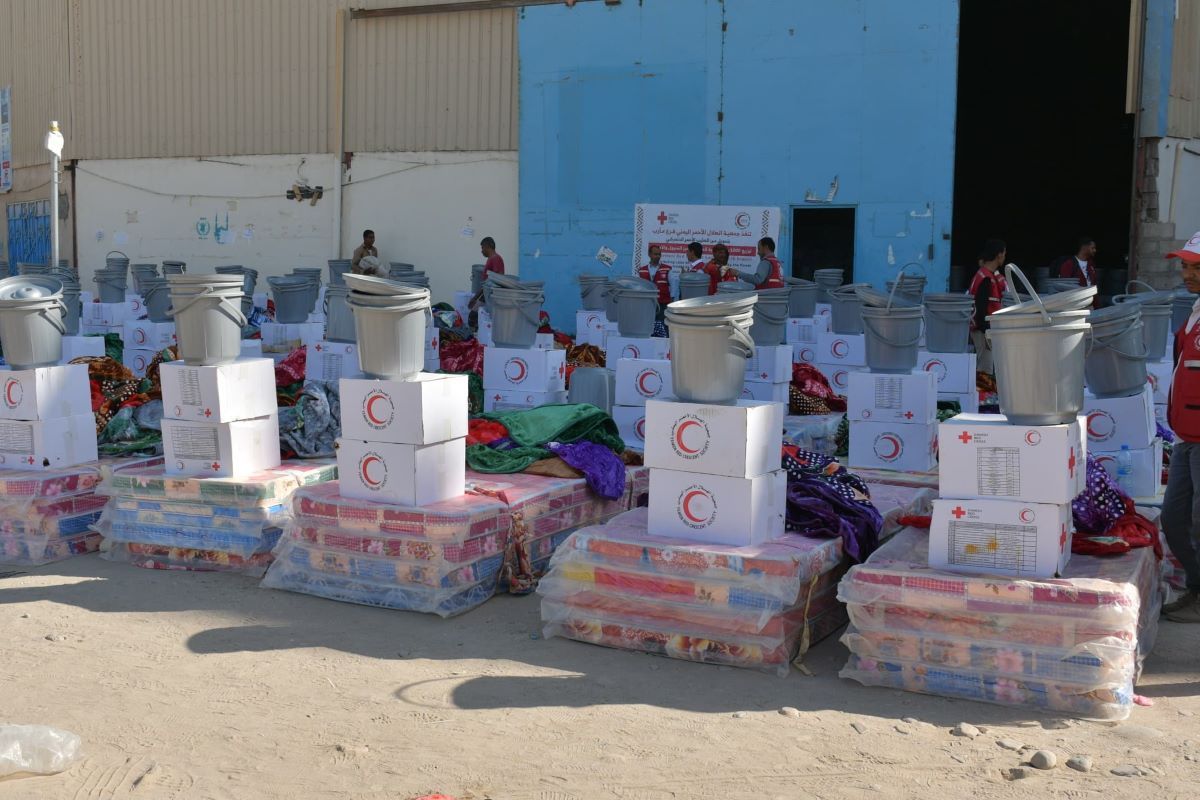
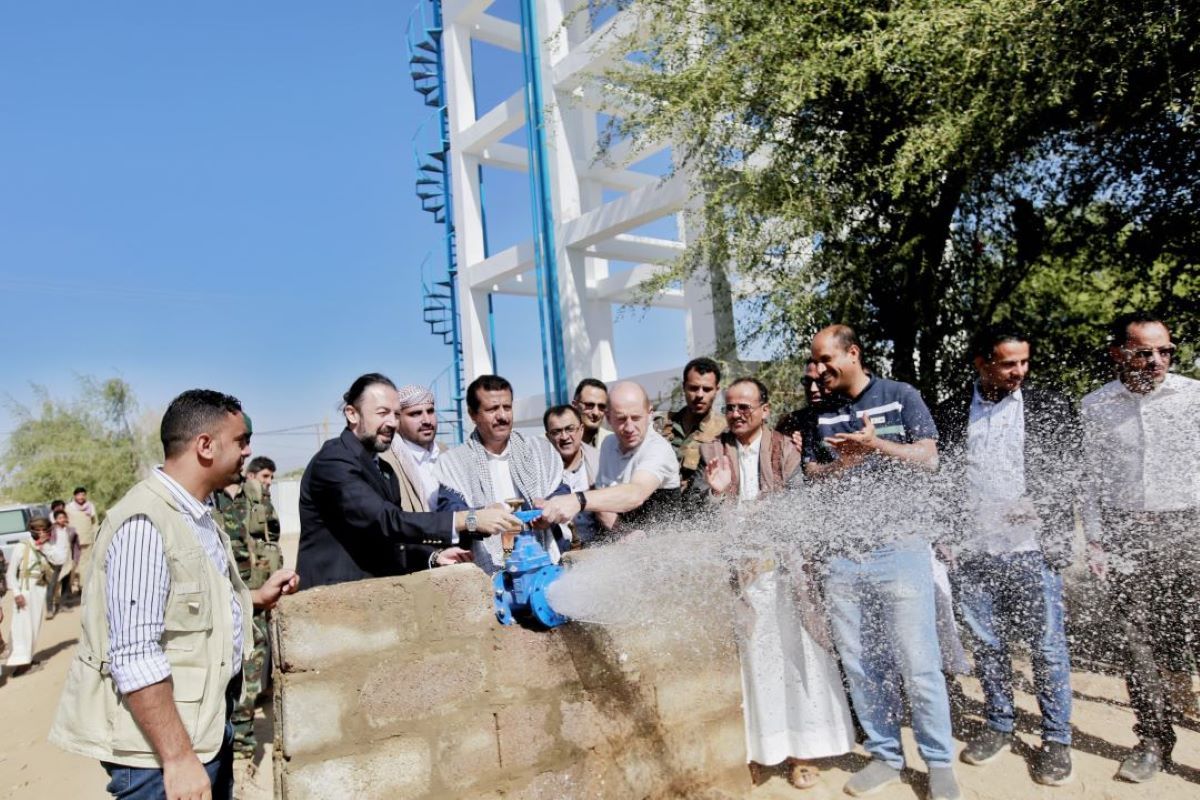
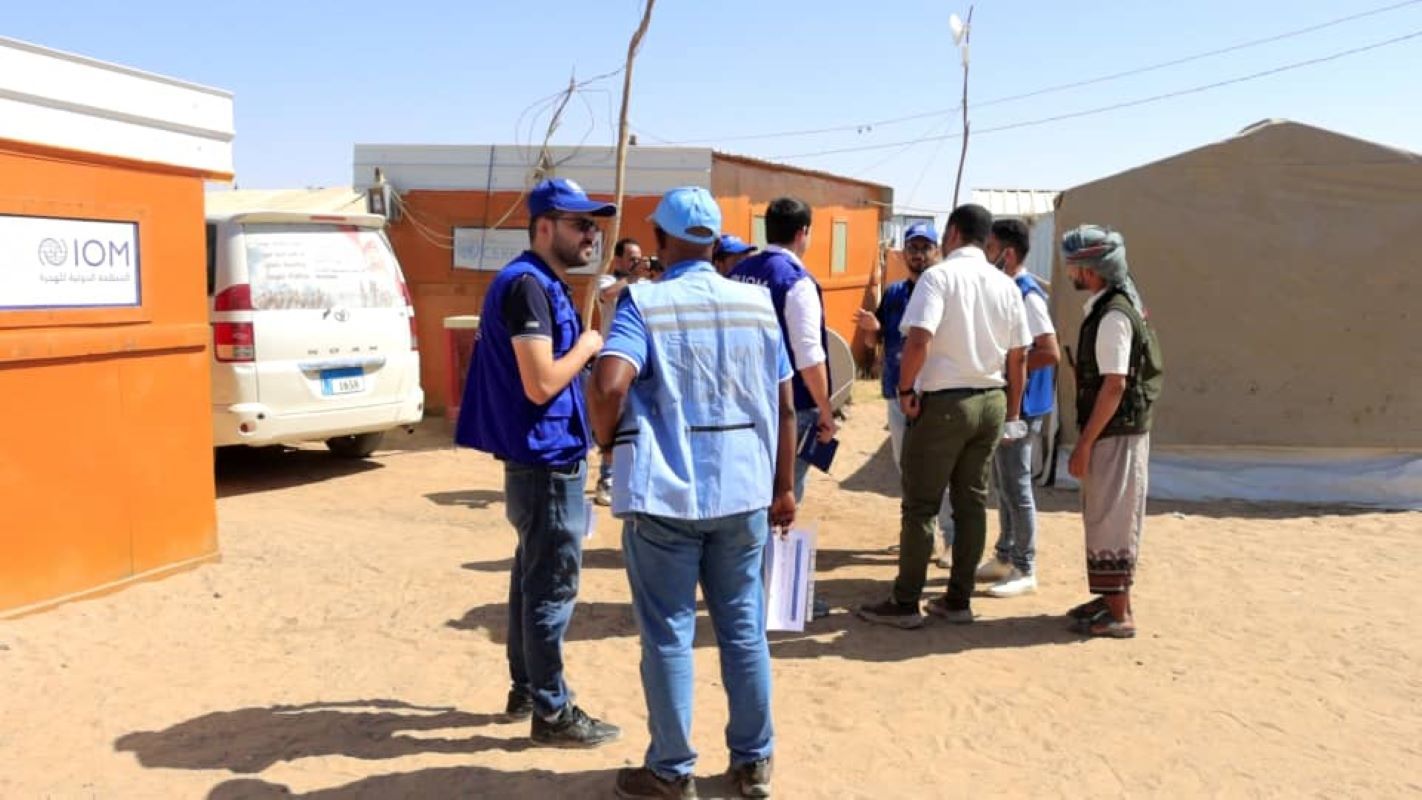
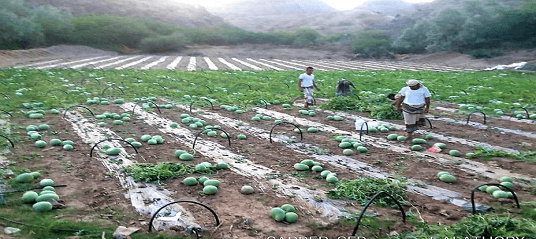
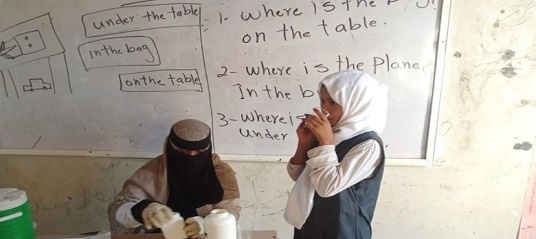
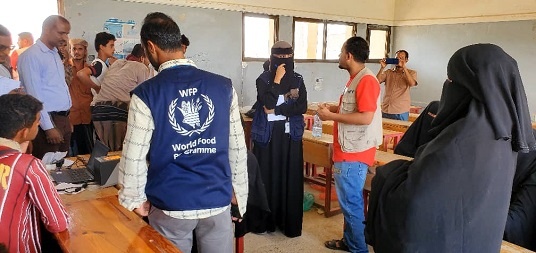
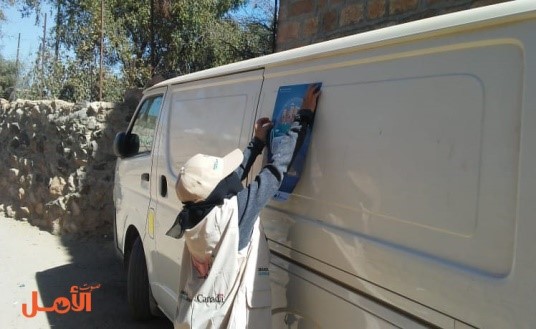
LEAVE A COMMENT